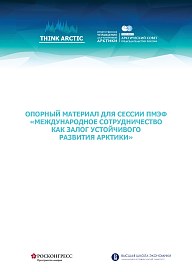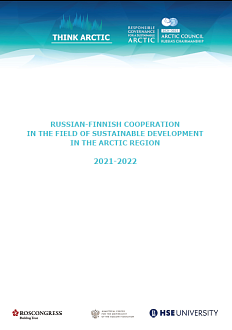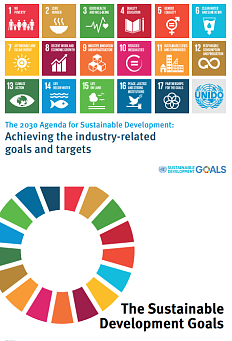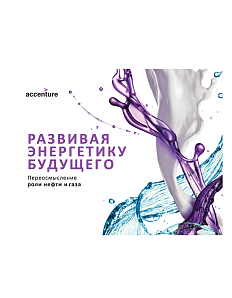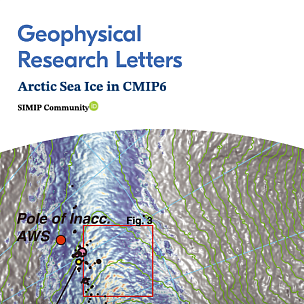International Cooperation in the Arctic: Institutions and Priorities for Sustainable Development
In the late XX-early XXI centuries the Arctic has become a strategically attractive region for many countries because of its economic potential: it contains significant reserves of oil and gas, a considerable amount of fishery resources, and countries are interested in the potential of the region as a transport corridor for international shipping1. On the one hand, climate change, namely its consequences in the form of global warming and melting of Arctic Sea ice has created favorable conditions for the exploitation of the Arctic and its transport routes, but on the other hand, it brings several climate-related risks, which calls for a strong action from the arctic states.
At the same time, multilateral cooperation in the Arctic region has been an important part of the international relations agenda since the 20th century. The legal regime of the Arctic is enshrined in the 1982 UN Convention on the Law of the Sea, which establishes the rights and responsibilities of Arctic and non-Arctic states. In 2008 the Arctic states reaffirmed their commitment to the rules established by the document. The United States, though it has not ratified the UN Convention, have been stressing the importance of following the rules stated by the Convention. The states signed the Ilulissat Declaration, which sets their intention to cooperate on an equal basis to solve various problems of the region, including reduction of environmental risks and coordination of rescue operations. Another important component of the Arctic legal regime are the bilateral agreements governing the delimitation of the exclusive economic zones (EEZs) of the coastal countries. In addition, international cooperation in the region is being strengthened within the framework of multilateral institutions. At present, the Arctic states interact on regional issues on many multilateral platforms, such as the Arctic Council, the Barents/Euro-Arctic Council, the Northern Dimension, the Northern Forum, the International Arctic Science Committee, the University of the Arctic, the Forum «Arctic: Territory of Dialogue», and others. The platforms differ from each other in their composition and terms of reference. The key formats for international cooperation are the Arctic Council and the Barents/Euro-Arctic Council.
Russian policy in the field of sustainable development in the Arctic
The Arctic region is of great importance for the Russian economy since it contains significant reserves of natural resources. In addition, the importance of the region is determined by the location of the objects of strategic deterrence forces, as well as the residence of indigenous people on its territory. The main threats hindering the development of the Arctic include climate change, declining population growth, migration outflow, poor quality of life and the development of transport infrastructure. Also, there is a relatively low competitiveness of business entities in Russia, the discrepancy between the education system and the needs of the economy and the social sphere, the delay in the development of the infrastructure of the Northern Sea Route, the lack of an emergency evacuation system and the provision of medical care to crew members of ships, a low level of development of information and communication infrastructure, a high proportion of local generation of electricity based on the use of economically inefficient and environmentally unsafe diesel fuel, the growth of conflict potential in the Arctic.
Taking into account all the challenges associated with the development of the Arctic zone and ensuring national security, in 2019 the state administration system was reorganized: a new composition of the State Commission for the Development of the Arctic was approved and its powers were expanded, the Ministry of the Russian Federation for the Development of the Far East and the Arctic was formed, also there was made a decision to expand the competence of the institutions for the development of the Far East to the Arctic zone.
International initiatives and projects in the field of sustainable development of the Arctic region
Over the past decades international cooperation in the Arctic region in the field of sustainable development has become more intensive. Russia is getting involved in large-scale bilateral and multilateral initiatives and projects. Priority areas of joint activities in the Arctic, which are also mentioned in the national Arctic strategies of the states, include: environmental protection and combating climate change, transport and logistics, energy, science and education, support for the residents and the indigenous peoples of the Arctic, and sustainable tourism.


